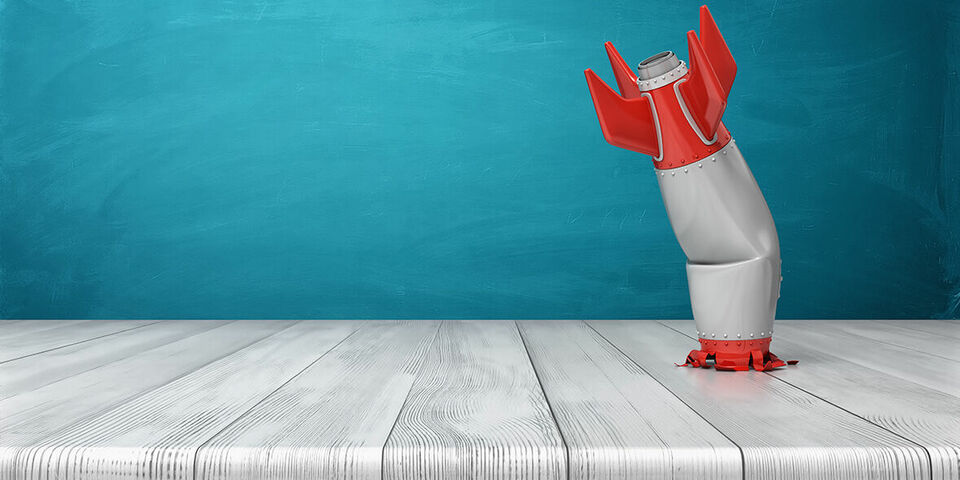At the start of the new academic year, unions and campaigners call attention to extremely high work pressure in academia. Be they PhD students or professors, practically everyone seems to have to work overtime to meet the high standards at Dutch universities. ‘Failure is not an option’ is the motto.
Expectations
We hold scientists to unrealistic expectations, says recently graduated science historian Martijn van der Meer. “If failure in science would be made a bit more normal, it would immediately result in a significantly more healthy and pleasant working atmosphere.”
Van der Meer is co-founder of the Journal of Trial and Error (JOTE), an open access journal that embraces rather than shies away from negative, non-significant results.
Why should scientists only make groundbreaking discoveries and only solve major societal problems? “It seems as if everything else isn’t worth sharing,” Van der Meer says. But as a matter of fact, many things go wrong in science, he continues. “It takes many failures before you eventually accomplish something worthwhile.”
Well-known scientific journals like Nature often ignore articles about ‘failed’ research projects. “As a result, that knowledge is kept within certain research groups,” Van der Meer says. “With the possible result that several people might be working on something that has been tried by others before: extremely inefficient.”
Nomination
Van der Meer founded JOTE two years ago, together with two fellow students of Utrecht University. Currently, twelve people - who work or study at universities in Utrecht, Marseille and Gent - are involved.
Open access
Theirs is not the first and only platform for negative results. What makes JOTE unique is that for each article, it invites an expert to reflect on the ‘failed’ research: what went wrong?
The founders’ objective with their journal isn’t to extol the virtues of sloppy science, Van der Meer emphasizes. Papers that contain incorrect statistics or incorrectly collected data, or that were simply written sloppily, won’t be accepted. All articles are subjected to scrutinous peer review and will first appear online in ‘preprint.’ Everything is open access, thanks to financing by the Descartes Centre in Utrecht.
The team has about 15 articles in the pipeline for the first edition of JOTE, which will appear in November. Collecting these articles proved to be quite a challenge. “We have more than enough articles lying in our desk drawer, but people need to dare to take the risk. Some scientists possibly worry that having an article published in a journal for failed science won’t look good on their CVs.” And that’s precisely the problem the journal wants to address.


Discussion